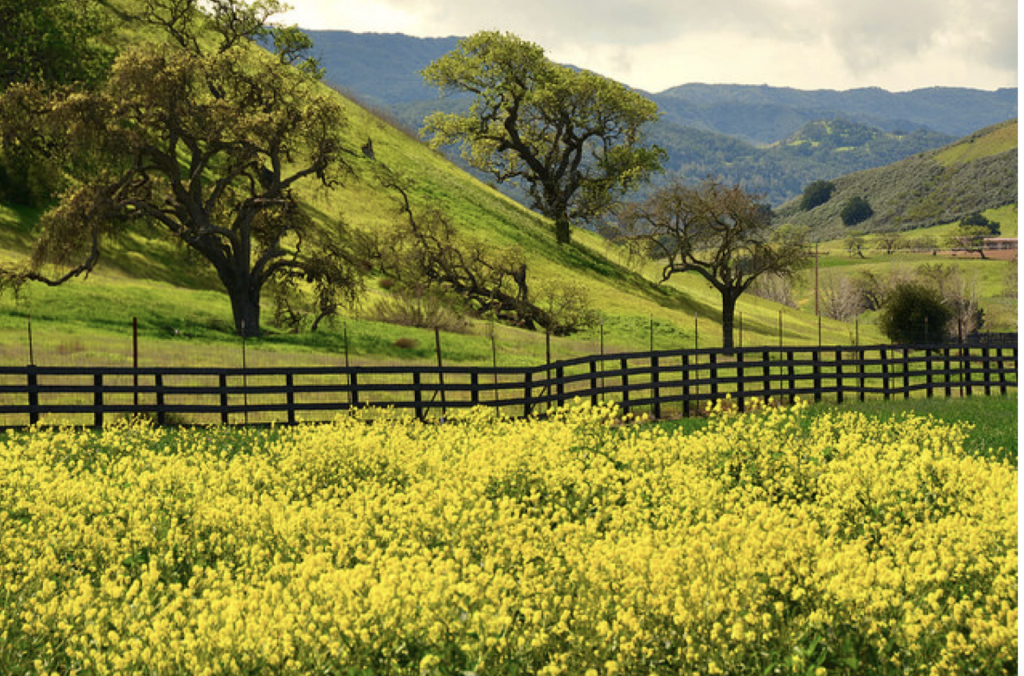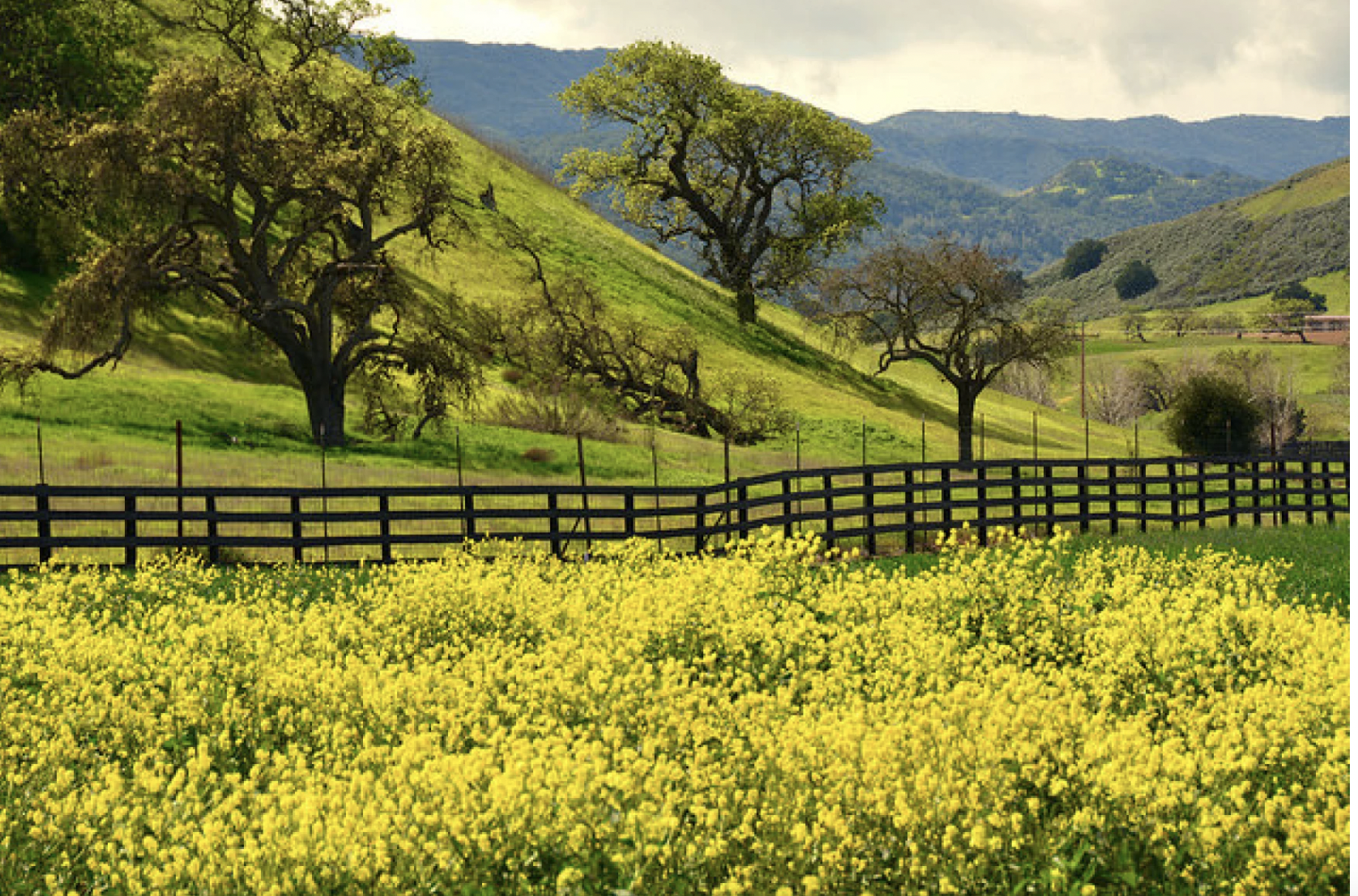Compounding Growth? Or No Growth?
TWENTY-FIRST IN MY TEACHING SERIES ON THE PARABLES OF JESUS
The Parable Of The Mustard Seed
He told them another parable: “The kingdom of heaven is like a mustard seed, which a man took and planted in his field. Though it is the smallest of all seeds, yet when it grows, it is the largest of garden plants and becomes a tree, so that the birds come and perch in its branches.”
Matthew 13:31-32
Synoptic Gospels
The Parable of the Mustard Seed is found in all three of the synoptic gospels — Matthew 13:31–32; Mark 4:30–32; Luke 13:18–19. Synoptic is a term used to imply these three gospels typically align with one another more clearly than does John’s gospel. The same root word “syn” is used in words such as synonym, synchronize, synthesize, and many others – which in the English language could be considered to mean “same”.

Radical Kingdom Growth
In this parable, Jesus predicts the amazing growth of the kingdom of heaven. The mustard seed is quite small, but it grows into a large shrub—up to ten feet in height—and Jesus says this is a picture of kingdom growth. The point of the Parable of the Mustard Seed is that something big and blessed—the kingdom of God—had humble beginnings. How significant could the short ministry of Christ be? He had but a handful of followers, He was a man of no rank and without means, and He lived in the least likely of places in that day. The life and death of Christ did not catch the world’s attention any more than a mustard seed would if it was lying on the ground by the road.
But this was a work of God. What seemed inconsequential at first grew into a movement of worldwide influence, and no one could stop it. The influence of the kingdom in this world would be such that everyone associated with it would find a benefit—pictured as the birds perched on the branches of the mature mustard plant.
Elsewhere in Scripture, the kingdom of God is also pictured as a tree. A passage in Ezekiel, for example, parallels the Parable of the Mustard Seed in many ways. In this prophecy, the Lord God promises to plant a shoot “on a high and lofty mountain” (Ezekiel 17:22). This small sprig “will produce branches and bear fruit and become a splendid cedar. Birds of every kind will nest in it; they will find shelter in the shade of its branches” (Ezekiel 17:23). This messianic prophecy foretells the growth of Christ’s kingdom from very small beginnings to a sizable, sheltering place.
Compounding Growth Concept
I’ve always wondered why, in the Parable of the Mustard Seed, Jesus calls the mustard seed the “smallest” of seeds and the mature mustard plant the “largest” of plants in the garden, when there were smaller seeds and larger plants on the earth when Jesus spoke this parable. The answer is that Jesus is using a literary tool called “hyperbole” — an exaggeration to make a point. He is not speaking botanically or literally.. Jesus’ emphasis is on the change of size—from small to large—and the surprising nature of the growth.
The history of the church has shown Jesus’ Parable of the Mustard Seed to be true. The church has experienced an explosive rate of growth through the centuries. It is found worldwide and is a source of life, hope, and shelter for all who seek its blessing. In spite of persecution and repeated attempts to stamp it out, the church has flourished. And by faith we believe that it’s only a small picture of the ultimate kingdom of God to come when Jesus returns to earth to rule and reign.
———-
Soul health and spiritual maturity cannot be separated. Our counselors are ordained Christian ministers as well as certified and licensed Christian counselors. We are able to help you experience freedom from shame, anxiety, depression, or marriage / relationship conflict with methods that are purely Christ-centered. Please click on this link to learn much more about how our CHRISTIAN COUNSELING can help you become a more authentic follower of Christ, and help you find freedom from identity dependence.
Life Training offers convenient sessions at our office in Louisville, Kentucky, as well as online counseling via Zoom or FaceTime. Our non-profit counseling practice has had an outstanding track record from over a decade helping men and women, individuals and couples who are ready to move beyond anxiety, depression, and conflicts in marriage or other relationships find hope and healing in their lives. Contact us today at 502-717-5433, or by email at drdave@lifetrainingcounseling.org

